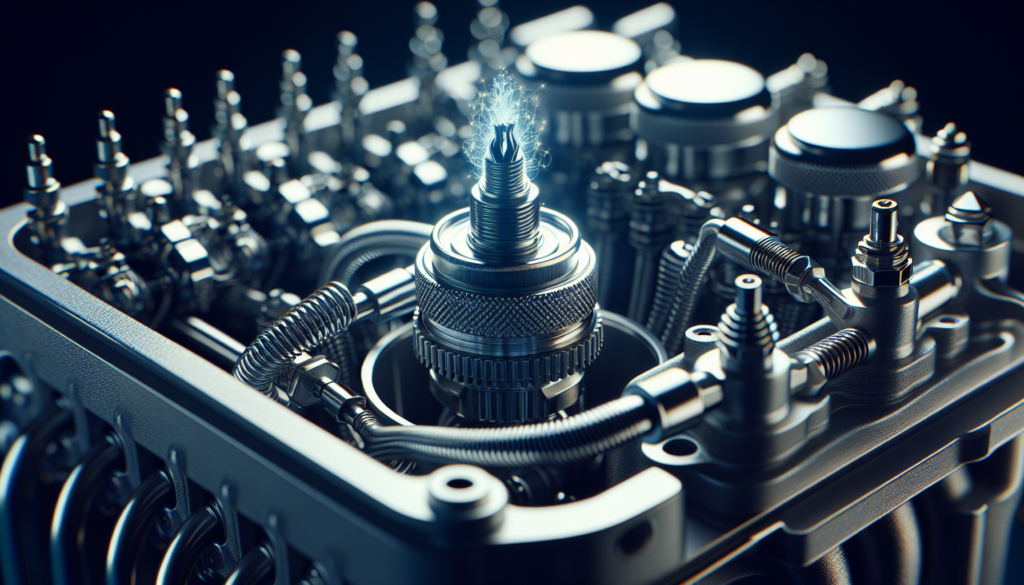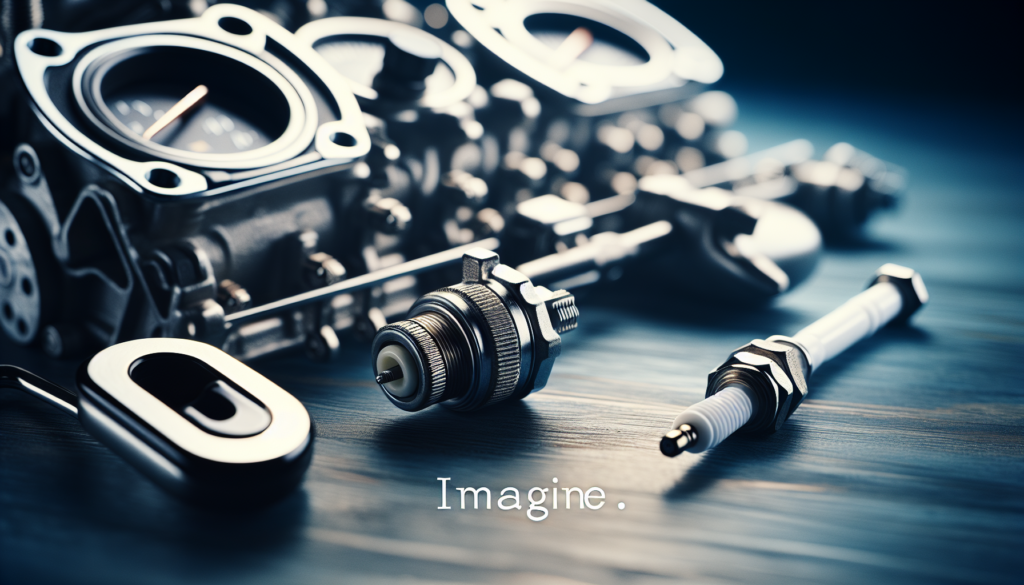You love spending time out on the water, feeling the wind in your hair and the sun on your face. But there’s nothing worse than a boat engine that doesn’t perform at its best. That’s why it’s crucial to know the best practices for boat engine tuning. By following these simple tips, you can ensure that your boat’s engine runs smoothly and efficiently, allowing you to truly enjoy your time on the water.
Best Practices for Boat Engine Tuning
Proper maintenance and tuning of your boat’s engine is crucial for optimal performance and longevity. Whether you are a seasoned boater or a beginner, following these best practices will help you keep your engine running smoothly. By investing some time and effort into regular maintenance and tuning, you can ensure a safe and enjoyable boating experience.

1. Regular Maintenance
Regular maintenance is the foundation of proper engine tuning. It involves inspecting and servicing various components to ensure they are in good working condition. This includes checking engine oil levels, fuel filters, and belts, as well as inspecting for any signs of wear or damage. It is also important to change the engine oil and oil filter at recommended intervals to keep the engine running smoothly.
2. Proper Fuel Management
Proper fuel management is essential for efficient engine performance. It is important to use clean and high-quality fuel to prevent clogs or damage to the fuel system. Regularly inspect and replace fuel filters to maintain fuel flow. Additionally, monitor fuel consumption and adjust your boat’s throttle and trim settings accordingly to optimize fuel efficiency.
3. Correct Lubrication
Proper lubrication is key to reducing friction and wear within the engine. Ensure that you are using the recommended lubricants and oils for your specific engine model. Regularly check and replenish lubricant levels as needed. This will not only improve performance but also prolong the life of your boat’s engine.
4. Spark Plug Inspection and Replacement
Spark plugs are an integral part of the ignition system and play a crucial role in the combustion process. Over time, spark plugs can become fouled or damaged, resulting in poor engine performance. Regularly inspect spark plugs for signs of wear or deposits. Replace them as recommended by the manufacturer to maintain efficient ignition and prevent engine misfires.

5. Optimizing Ignition Timing
The ignition timing of your boat’s engine determines when the spark plug fires to ignite the air-fuel mixture. Optimizing the ignition timing can enhance engine power and fuel efficiency. If you are experienced and knowledgeable, you can adjust the ignition timing yourself; otherwise, it is best to consult a professional to ensure proper tuning and prevent any damage to the engine.
6. Carburetor Adjustment
Carburetors play a crucial role in regulating the air-fuel mixture entering the engine. Properly adjusted carburetors can improve fuel efficiency and overall engine performance. Over time, carburetors can become clogged or out of sync, resulting in poor engine performance. Regularly inspect and clean the carburetor, ensuring that all components are working properly. If necessary, consult a professional to make precise adjustments.

7. Cleaning the Air Filter
A clean air filter is essential for proper engine performance and fuel efficiency. Air filters prevent dust, debris, and contaminants from entering the engine. Over time, they can become clogged, restricting airflow and reducing engine performance. Regularly inspect and clean or replace the air filter as recommended by the engine manufacturer to maintain optimal engine performance.
8. Cooling System Maintenance
Proper cooling system maintenance is vital to prevent engine overheating and damage. Regularly inspect the cooling system for any leaks, corrosion, or debris. Keep the coolant levels at the recommended levels and ensure that the engine’s cooling passages are clean and free from blockages. Regularly flush and replace the coolant to maintain proper engine temperature and prevent overheating.

9. Propeller Inspection and Maintenance
The propeller is responsible for propelling the boat forward and plays a crucial role in engine performance. Regularly inspect the propeller for any signs of damage or wear and replace it if necessary. A damaged or improperly balanced propeller can impact engine performance and fuel efficiency. Keeping the propeller in good condition will ensure smooth and efficient operation of your boat.
10. Advanced Tuning Techniques
For experienced boaters, there are advanced tuning techniques that can further enhance engine performance. This includes fine-tuning carburetion, adjusting ignition curves, and optimizing exhaust systems. However, these techniques require in-depth knowledge and experience. It is advisable to consult a professional or attend specialized training to ensure proper tuning without causing any damage to the engine.
In conclusion, proper boat engine tuning involves a combination of regular maintenance, fuel management, lubrication, and inspection of critical components. Following these best practices will not only improve engine performance but also extend the life of your boat’s engine. Remember to consult the manufacturer’s guidelines and seek professional help when necessary. By taking care of your boat’s engine, you can maximize your boating experience and ensure safe and reliable operation on the water. Happy boating!


